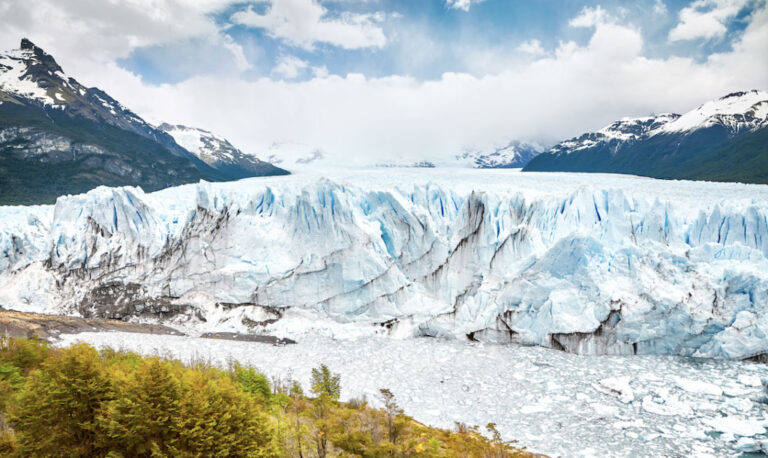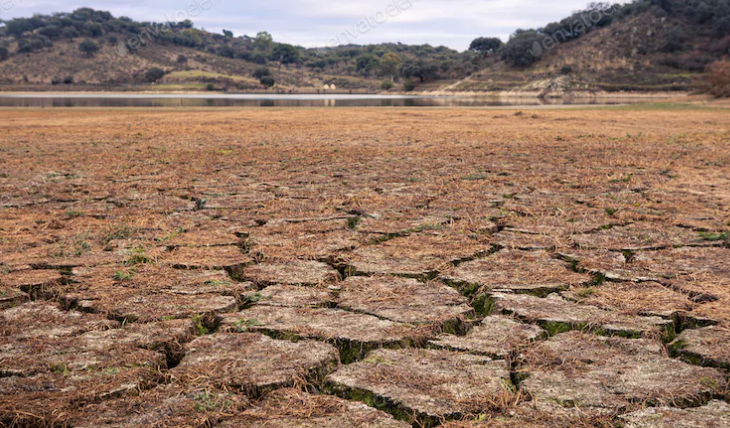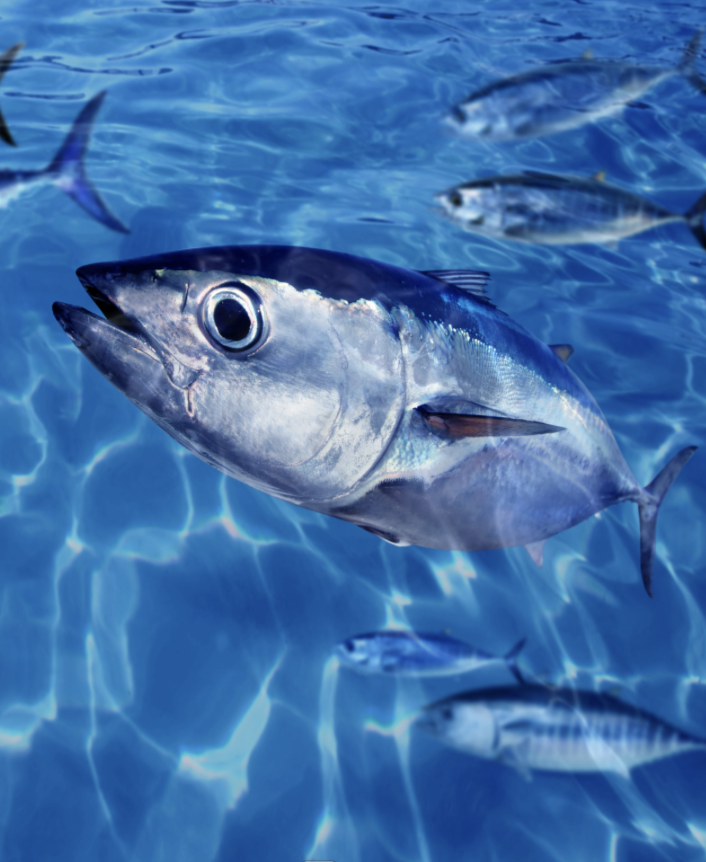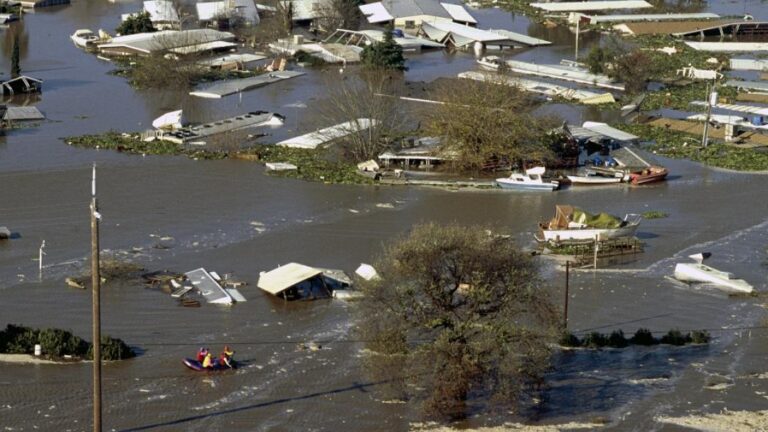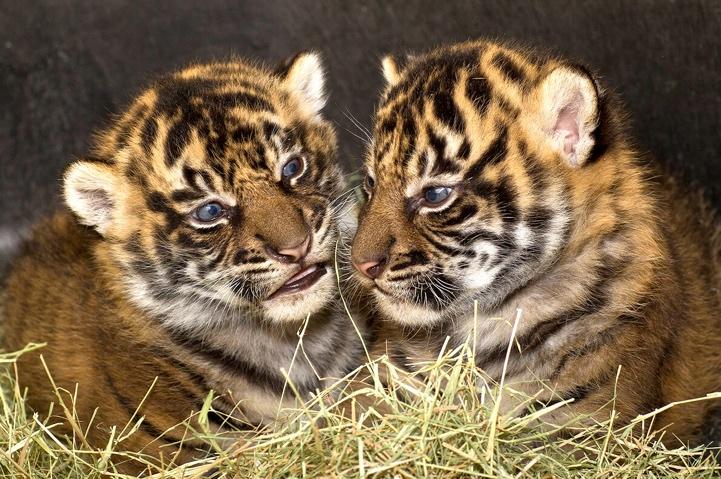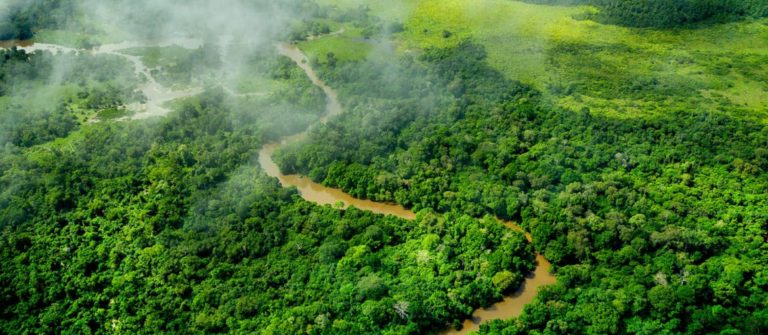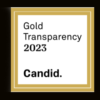What You Can Do Right Now
Be part of the solution, and make an impact
What you can do right now
All of us can do something to help the environment and all the species that inhabit it.
Every voice matters. Every small gesture counts. All of us have a responsibility to treat the planet with respect and reverence.
There is no planet B. There are no other options. We must make the time to act and realize that it is in our hands to create change and a better planet.
What you can do to help
Volunteer
Whether it's at a local wildlife refuge or at the numerous ethical wildlife sanctuaries around the world, that often need volunteers to help save animals.
Speak up for wildlife
Speak up against animal cruelty, trophy hunting, the exotic pet industry, circuses, zoos and wild animals that are used for entertainment
Donate time
Donate your time for ocean clean-ups days, tree planting events, local park and stream clean-up. Or attend rallies that promote environmental advocacy.
Educate yourself
Learn about wildlife through nature shows, such as NOVA, PLANET EARTH and educational content with animals in their natural setting.
Conservation clubs
Join legitimate and ethical NGOs and conservation organizations. You can research them at 'charitynavigator' or 'guidestar'.
Go vegan
yes, that alone will help with land use and avoid human-wildlife conflicts in farmlands. If that's too overwhelming , go vegetarian first.
Teach & Watch
Teach kids about wildlife, whether local or endangered species that you relate to. Watch age appropriate documentaries teaching about wildlife.
Be a whistleblower
Call local authorities if you know of any illegal poaching, fishing or poaching. When traveling, contact authorities in that country if you see wildlife parts that are endangered,
Recycle, reuse & reduce
Loss of habitat and deforestation are critical components to species going extinct. Conserve and put less waste in the environment.
Avoid chemicals
Don’t use dangerous fertilizers in your yard. 50% of insects on the planet have vanished, partly because of our use of dangerous pesticides and fertilizers.
Sign petitions
Online sites like Change.org, causes.com or thepetitionsite.com are allowing anyone to create petitions or sign a petition you support. The basic sites are free.
Ride a bike or walk
You can make a major impact by leaving the car behind and walking or riding your bike to the store or to the park. Use public transportation when possible.
WHAT YOU CAN DO LOCALLY
Each one of us can do something at a local level, by engaging our communities or our friends in activities that are fun and benefit the planet.
Check out some of the simple yet effective ideas mentioned below:
What you can do locally
Know what species are endangered
In your local area, there will likely be species that are endangered. You can let everyone around you know so that they are able to act in a way that will not put these animals’ lives in danger.
Plant native flora
Planting flora that is native to the area will provide food for the wildlife around you. This is very important because industry often destroys these plants, which leaves the animals in certain places without any food.
Don't be a hazard to wildlife in your area
Secure your trash (and use locking lids) so that animals can’t get to it. Place decals on your windows in order to keep birds from colliding with them. These decals will help to protect the local wildlife.
Drive carefully and watch the road
Roads are one of the biggest hazards that animals face. If you are driving on a road that wildlife is known to cross, stay alert and look out for animals so that you will not hit them.
Don't buy items with animal body parts
if you travel abroad, you might come across products from endangered species being sold in local markets. Do not purchase any goods that likely required the killing of an endangered animal.
Consider a monthly recurring donation
This is simple enough, and it does not take much time or money. Giving a small donation to organizations that are vetted by charity navigator or Guidestar. Your funds will help save animals.
Reduce your water consumption
Many places are experiencing droughts, and using a lot of water makes the problem worse. Limit your water consumption so that there is more water left for the animals
Reduce your carbon footprint
Merely doing your part to reduce the amount of pollution that you are part of can go a long way. Pollution has a very negative effect on the survival of many species.
Reduce plastic use
At the very least, limiting the amount of plastic you buy, and recycling what you use, can go a long way. Animals often mistake plastic for food, which means that plastics can cause a huge hazard for many endangered species.
Don't support company polluters
Many industries are known to pollute natural water resources. You can do your part by not giving these companies your business, and one day we might see a world where companies do not pollute natural habitats.
Read up on the subject
There are many books dedicated to teaching about endangered species and how to protect them. Read these books and understand your goals and how to achieve them. An educated mind is one that will make the biggest difference.
Consume less and turn off lights
By consuming less overall, you can help to protect the ecosystems that wildlife need in order to survive. This is something that takes a conscious effort, and more people need to get on board with it. Look into different ways to go about doing this.

